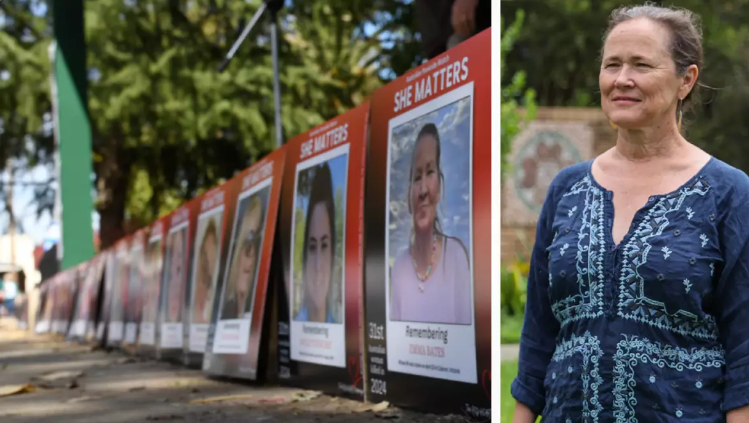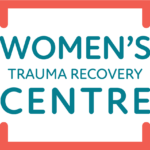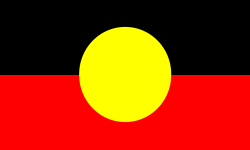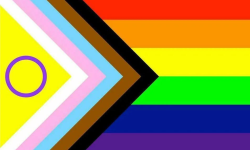
Sally Stevenson, pictured right, has continued her advocacy for change. Main pic from Wagga’s No More rally on Sunday. Pictures by Bernard Humphreys, Wes Lonergan
'Stay relentless': Sally calls for real change as more women suffer violent deaths
In the almost 1000 days it’s been since Sally Stevenson wrote an open letter to the federal government about reducing violence against women and children more than 120 women have died.
Yet the glacial pace of genuine change to address the problem has not dimmed the passion of the Illawarra Women’s Health Centre executive director. Instead, as the nation grapples with the enormity of the violence women face daily, she’s urged advocates to “stay persistent and stay relentless”.
“We have to move the mountains of social and systemic misogyny,” Ms Stevenson said.
Back in September 2021, on the eve of the National Women’s Safety Summit, Ms Stevenson and dozens of community leaders implored the government to take steps to create a safer Australia by 2031.
“Our vision is that by 2031, Australia has reduced the 2021 rates of domestic and family violence by 80 per cent, and 80 per cent of women who have experienced domestic and family violence-related trauma are properly supported to recover,” she said back then.
The letter, with nine distinct action points, implored all levels of government to “aim for 80/80 in 2031”.
It was, Ms Stevenson said, “a vision of hope”
‘There’s a level of fatigue’
And that hope remains, particularly as Prime Minister Anthony Albanese will discuss women’s safety with state and territory leaders on Wednesday.
But Ms Stevenson, a longtime campaigner herself, also understands the fatigue.
“There has been relentless violence and abuse against women for hundreds of years and certainly in the last five years, we have the evidence that shows violence has significantly increased.
“There’s frustration, certainly anger, but in some ways, a level of fatigue around the political outrage that always comes with a highly publicised murder.
“There’s a level of cynicism about how that will translate into authentic action.”
This year, 26 women in Australia have been killed – a death every four days – according to data compiled by advocacy group Destroy the Joint’s project Counting Dead Women.
More data released this week shows the rate of women killed by an intimate partner in Australia increased by nearly 30 per cent in 2022-23 compared to the previous year.
And if those stats from the Australian Institute of Criminology are disturbing enough, Ms Stevenson quoted NSW Bureau of Crime Statistics and Research figures.
“The BOCSAR stats for rural and regional domestic family and sexual violence show that reported incidences of sexual violence went up 47 per cent in the last five years. DV (domestic violence) went up 27 per cent.
“The stats continually tell the story of an increase in violence and abuse.”
And, she insisted, it’s also worth noting these are matters that have been reported.
“… the murders are just the tip of the iceberg. It’s a perpetual cycle of intergenerational violence and, you know, sometimes it can feel really overwhelming.”
Ms Stevenson has drawn crumbs of comfort from historical battles won over the years – from the fight for the right to vote to marriage equality and for rape in marriage to be unlawful.
She said there was cause for optimism for several reasons, most notably that “more men are acting to address the matter” and that the nation was engaged in a public conversation.
“Our impatience and anger can drive change. It has to.”



